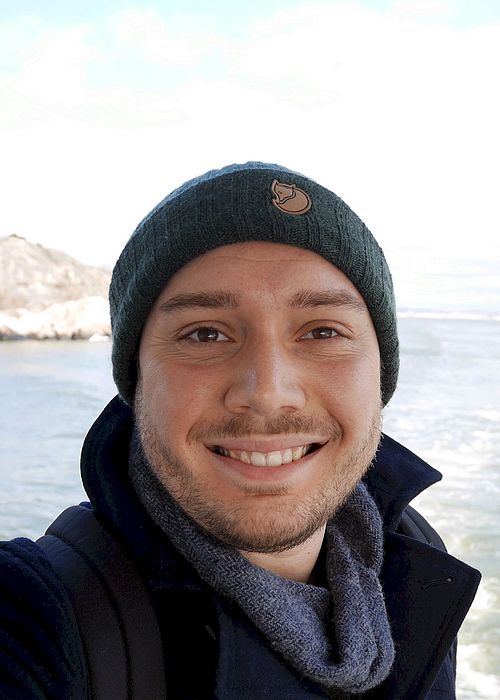Tim Paulus - Research Interests and Education
Nitrogen (N) is essential for life. As a nutrient for organisms and a crucial element for the biosynthesis of proteins, it represents a key component of many biochemical processes and occurs in a grand variety of chemical forms. The N cycle is interlaced throughout the ecosystems and the atmosphere of the earth. Current phenomena like climate change and eutrophication are often closely linked with the N cycle. The overall basis for a better understanding of the ecological functioning of aquatic ecosystems and their undergoing change is the knowledge about their biogeochemical cycles in general, and of nitrogen fluxes (transformations, sinks and sources) in particular. Stable isotope measurements can provide important constraints on these fluxes.
During the PhD I will investigate stable nitrate and nitrite isotope dynamics during fixed-N elimination and N regeneration in marine and lacustrine sediments. The aim is to identify the controls on the N isotope signature of benthic denitrification and anammox. This project combines the use of isotope measurements, 15N tracer and molecular microbiological techniques in lab experiments with natural and artificial sediments. The research will attempt to assess the most important factors that modulate benthic N isotope effects during sedimentary diagenesis and N loss (sediment reactivity, redox, sediment permeability etc.).
My PhD project is highly interlinked with the PhD project of Alessandra Mazzoli. The two PhD projects benefit from each other by using a complementary experimental approach with common research questions.
Educational Background
- Oct 2020 - now: PhD candidate, Department of Environmental Sciences, Aquatic and Isotope Biogeochemistry Group, Prof. Dr. Moritz Lehmann, University of Basel, Switzerland
- Apr 2017 - Aug 2020: Master of Science in Business Chemistry, Christian-Albrechts-Universität zu Kiel, Germany, Thesis at GEOMAR - Helmholtz Centre for Ocean Research, Kiel: “Optimization of hydroxylamine measurements in seawater and its application at the Boknis Eck Time Series Station in the Baltic Sea”
- Oct 2016 - Mar 2017: Volunteer program of BORDA and Econtur in the Republic of India, research project in development cooperation
- Oct 2012 - Aug 2016: Bachelor of Science in Business Chemistry, Christian-Albrechts-Universität zu Kiel, Germany, Thesis at GEOMAR - Helmholtz Centre for Ocean Research, Kiel: “TNT and its degradation products in seawater: method development and sample analysis”
- Sep 2015 - Dec 2015: Internship Wako Chemicals

Tim Paulus
Biogeochemistry / University Basel
Bernoullistrasse 30
CH-4056 Basel
Tel. +41 (0)61 207 36 29
email: tim.paulus-at-unibas.ch
Quick Links
Social Media
